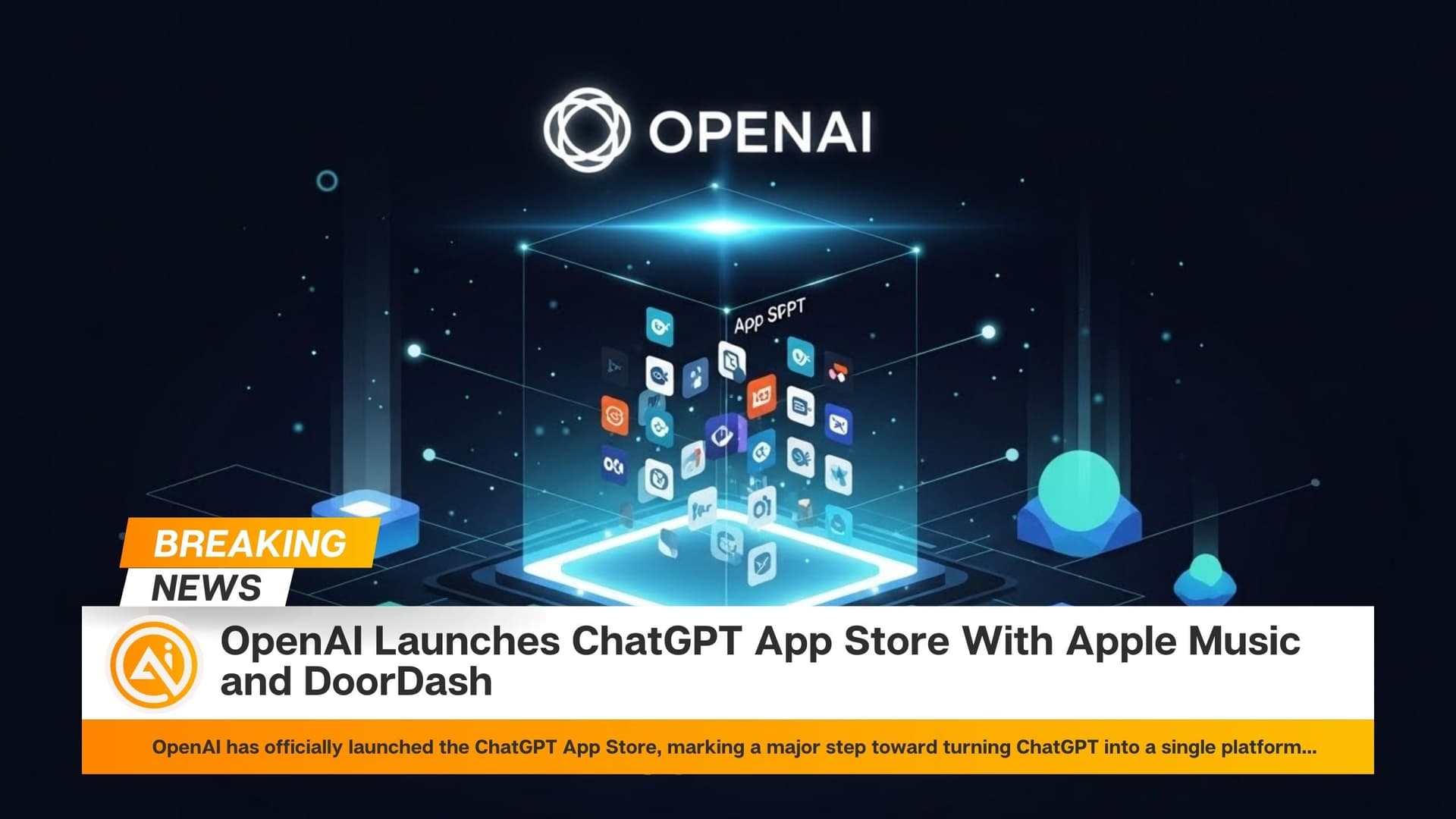OpenAI has expanded its ChatGPT deep research tool by introducing its first official connector—GitHub integration—allowing users to analyze codebases and engineering documentation directly within ChatGPT.
The new feature, announced on May 8, enables developers to ask in-depth questions about code and product specifications, break down technical documents into tasks, and receive code structure summaries and real-world implementation examples.
Available initially in beta, the GitHub connector will roll out to ChatGPT Plus, Pro, and Team users over the next few days, with support for Enterprise and Edu accounts coming soon. OpenAI says the connector respects organizational GitHub settings, ensuring that only shared or permissioned codebases are accessible through the platform.
This enhancement is part of OpenAI’s broader effort to improve ChatGPT’s utility for technical workflows. As competition intensifies in the AI productivity space, OpenAI aims to position ChatGPT as a versatile tool not just for general queries, but for in-depth development work. The new GitHub connector is also a strategic response to user feedback requesting deeper integration with internal resources.
With this update, developers can now use ChatGPT to transform product specs into actionable tasks, understand complex code logic, and explore API usage through live examples—all from within the AI interface. While OpenAI acknowledges the risk of AI hallucinations, the feature is intended to serve as a productivity aid rather than a replacement for expert human review.
This GitHub integration follows OpenAI’s recent launch of other developer-focused tools, including the Codex CLI for terminal coding and upgrades to the ChatGPT desktop app that support coding environments. In parallel, the company reportedly struck a $3 billion deal to acquire Windsurf, an AI-powered coding assistant, signaling its continued investment in developer tools.
Additionally, OpenAI introduced new fine-tuning options for developers on Thursday. Verified organizations can now customize the o4-mini reasoning model, while all paying developers can fine-tune GPT-4.1 nano. These moves reflect OpenAI’s growing emphasis on model personalization and secure, task-specific deployment for professionals across industries.
